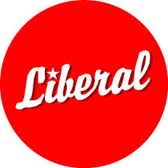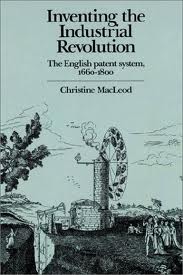Liberalism: Classical, Reform, Contemporary
Liberalism Classical Liberalism 1700s-1800s Locke & Smith Reform Liberalism 1800s-1900s Mill & Green Contemporary Liberalism 1930s- Keynes (1930s) & Rawls (1970s) Key Ideas Personal freedom – freedom from coercion Limited government – state serves & performs limited functions Equality of right – everyone must abide by laws, which must be applied equally and impartially Consent…


